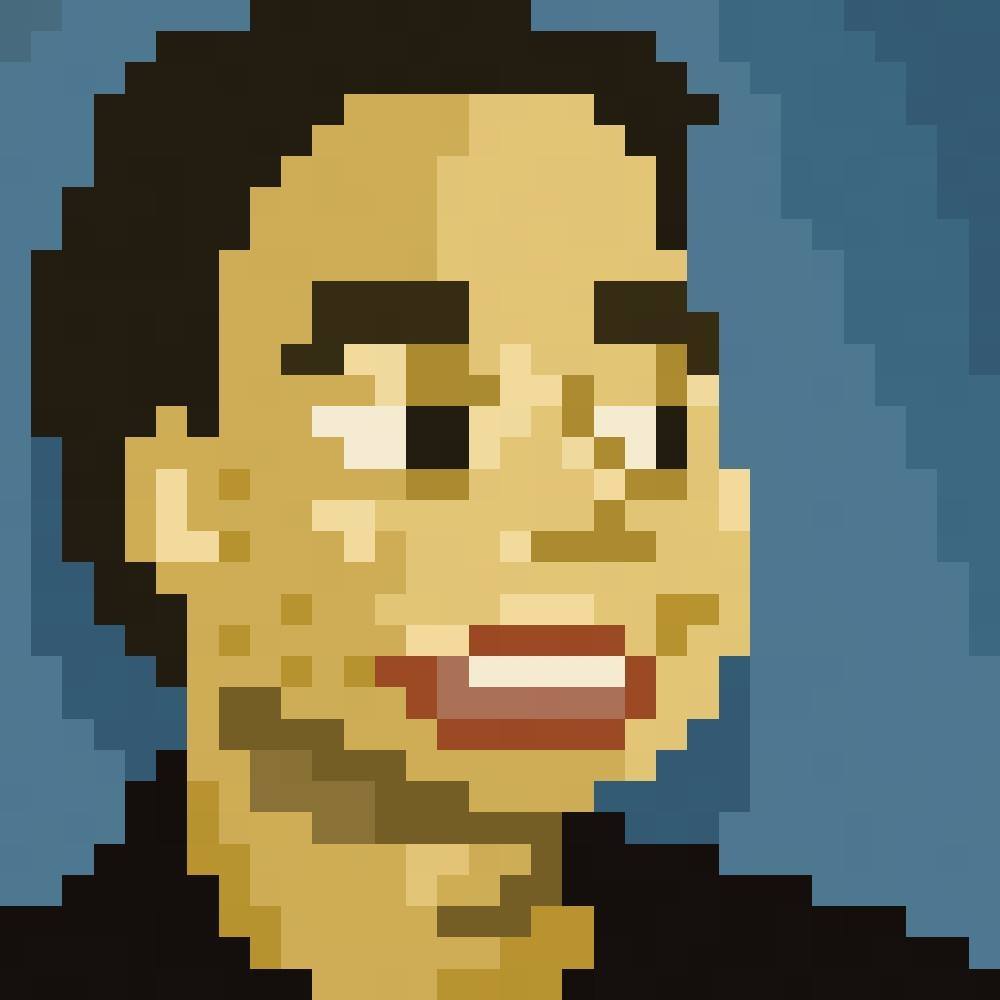
Tag: Dreamcast
-
#WeeklyGameMusic: A Song for Eternal Story (Phantasy Star Online)
Following up with a SEGA music from last week, we’re moving right along to their lesser known IP, the Phantasy Star series. More specifically, the first online-connected entry in the long-running JRPG sci-fi franchise, Phantasy Star Online (PSO). Fans of this game from the Dreamcast and Gamecube era could probably immediately guess which track I’ll…
-
#WeeklyGameMusic: Little Jack (Skies of Arcadia)
Power through this week’s #WeeklyGameMusic with a energy-boosting track from the SEGA Dreamcast classic, Skies of Arcadia, developed by Overworks! The wonderfully adventurous track, Little Jack, composed by Yutaka Minobe and Tatsuyuki Maeda, is one of the earliest tracks that plays in the game, especially when your party ventures off of your own floating home…
